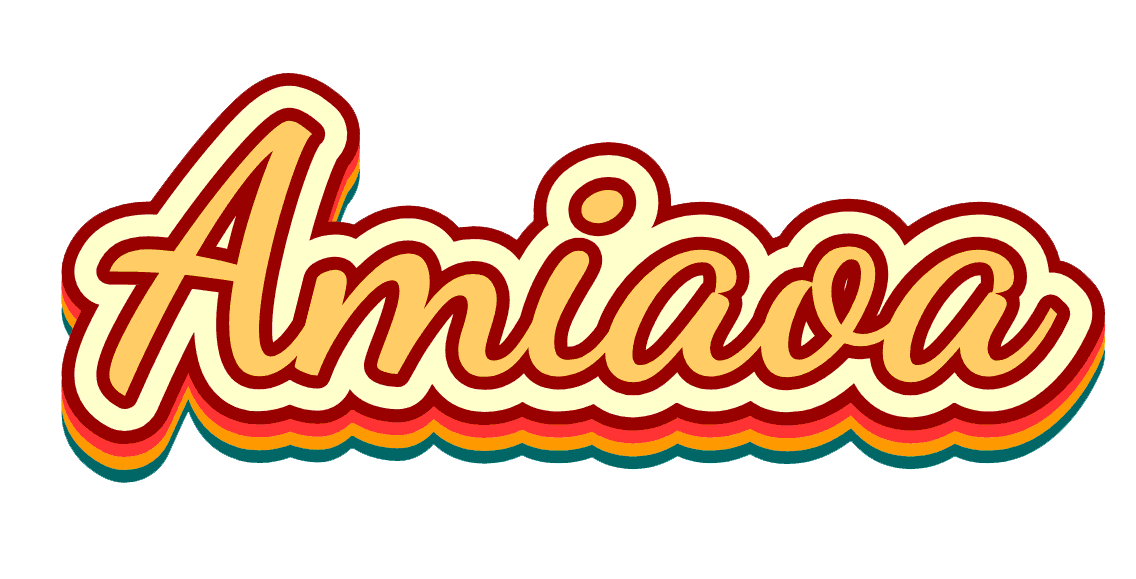How long to fast for brain health? The answer is: it depends on your goals and experience level! 🧠 Many researchers suggest that fasting between 12 to 24 hours can significantly enhance cognitive function and overall brain health. When you give your brain a break from constant food intake, it can engage in processes like autophagy, which helps clear out damaged cells. This can lead to improved memory, focus, and even mood! So, whether you're just starting out or you're an experienced faster, there’s a method that fits your lifestyle. I’m excited to share the different fasting durations and their specific benefits with you, so let’s dive in!
E.g. :Unlocking the Gut-Brain Connection: 5 Essential Tips for Boosting Your Health!
Fasting for Brain Health: A Complete Guide 🧠
1. What Exactly is Fasting?
Let's break it down - fasting simply means not eating for certain periods. It's like giving your digestive system a vacation while your body works on other important stuff. There are several ways to do it:
| Fasting Type | Duration | Frequency |
|---|---|---|
| Intermittent | 12-16 hours | Daily |
| Alternate Day | 24 hours | 2-3 times/week |
| Extended | 48+ hours | Monthly |
I've personally tried the 16/8 method (fasting for 16 hours, eating within 8 hours) and noticed my morning brain fog disappeared after just two weeks! The key is finding what works for your lifestyle.
2. Why Your Brain Loves Fasting
Here's the cool part - when you fast, your brain gets a major upgrade. Think of it like spring cleaning for your neurons! 🧹
Did you know fasting triggers autophagy? That's your body's way of recycling old, damaged cells. It's like taking out the trash in your brain, making room for fresh, healthy cells. Studies show this can improve memory and even protect against Alzheimer's.
 Photos provided by pixabay
Photos provided by pixabay
3. Finding Your Perfect Fasting Window ⏳
How long should you fast for maximum brain benefits? Let's explore:
Beginner Level (12-16 hours)
Perfect if you're new to fasting. Try finishing dinner by 8pm and skipping breakfast until noon. You'll be amazed how quickly your brain adapts!
Intermediate (16-24 hours)
This is where the magic really happens. Your body starts producing ketones - super fuel for your brain. I noticed my problem-solving skills improved dramatically at this stage.
Advanced (24+ hours)
Not for everyone, but the cognitive benefits can be incredible. Pro tip: Always consult your doctor before attempting extended fasts.
4. Fasting Methods Compared 🔍
Which approach works best? Here's the scoop:
Time-Restricted Eating: My personal favorite. Eat within a set window each day (like 12pm-8pm). Easy to stick to and great for beginners.
5:2 Method: Eat normally 5 days, reduce calories 2 days. Works well if you hate daily restrictions.
Eat-Stop-Eat: Full 24-hour fasts 1-2 times weekly. Challenging but powerful for brain health.
5. The Brain Benefits You Can't Ignore 🎯
Why bother fasting? Let me count the ways:
• Sharper focus - No more afternoon slumps
• Better memory - Say goodbye to forgotten names
• Mood boost - Hello, natural happiness chemicals!
• Neuroprotection - Armor against brain diseases
Here's a funny thing - my cat fasts naturally between meals. Maybe that's why she's always so alert (when she's not sleeping 18 hours a day)! 😸
 Photos provided by pixabay
Photos provided by pixabay
3. Finding Your Perfect Fasting Window ⏳
Fasting isn't a free-for-all. You need to be smart about it:
Hydration is key! I drink herbal tea and electrolyte water during fasts. Dehydration can ruin all the benefits.
Break your fast gently. Don't shock your system with a huge meal. Start with something light like bone broth or avocado.
Listen to your body. If you feel dizzy or ill, stop immediately. Fasting should make you feel better, not worse.
7. Common Questions Answered ❓
"Can I drink coffee while fasting?" Absolutely! Black coffee (no sugar) is my fasting best friend. It actually enhances the benefits.
"What about exercise?" Light to moderate is fine. I actually feel stronger during fasted workouts. But save intense sessions for fed states.
8. Making Fasting Work For You 💪
The secret? Consistency beats intensity every time. It's better to fast 14 hours daily than do one 24-hour fast and quit.
Start small, track your progress (I use a simple fasting app), and celebrate the mental clarity as it comes. Your brain will thank you!
Remember - there's no one-size-fits-all approach. Experiment to find what makes your brain perform at its peak. Happy fasting! 🚀
Fasting can be a game changer for your brain health, and understanding how long to fast for brain health is key to unlocking its full potential. As we’ve explored, different fasting durations, like the beginner-friendly 12-16 hours or the more advanced 24+ hours, can offer various benefits. Personally, I’ve found that even short fasts lead to noticeable improvements in focus and mood. So, if you’re considering incorporating fasting into your routine, start small and see how your brain responds. I encourage you to share your experiences in the comments below and connect with others who are on this journey. Let’s keep the conversation going and support each other in achieving optimal brain health through fasting! 🌟
Additionally, if you’re curious about other lifestyle changes that can enhance brain function, consider exploring topics like nutrition and exercise. Both play a crucial role in maintaining cognitive health and can complement your fasting routine. It’s all about creating a holistic approach to well-being that works for you. Remember, we’re all in this together—let’s keep learning and growing! 💡
E.g. :Fasting as a Therapy in Neurological Disease - PMC
FAQs
 Photos provided by pixabay
Photos provided by pixabay
3. Finding Your Perfect Fasting Window ⏳
Fasting comes in various forms, and each type has its own unique benefits. The most common types include Intermittent Fasting, where you fast for 12-16 hours daily; Alternate Day Fasting, which involves fasting for 24 hours a couple of times a week; and Extended Fasting, lasting over 48 hours, typically done monthly. I've found the Intermittent method to be quite effective, as it fits easily into my daily routine. Understanding these types can help you choose the best fasting approach for your health goals.

